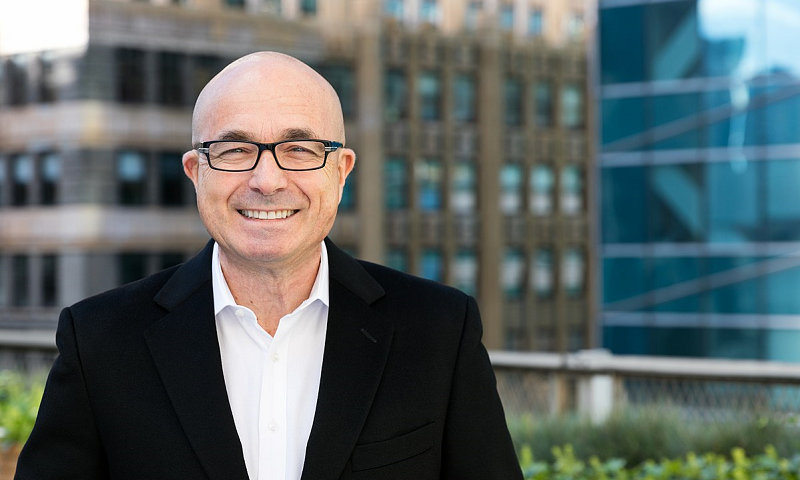Just weeks after handing full control of its Takeda-partnered epilepsy program back to the Japanese pharma, Ovid Therapeutics is pulling the plug on its lead program, OV101, a treatment that was under development for Angelman syndrome and Fragile X syndrome. Now, the company’s focus turns to its earlier-stage pipeline.
“While we are disappointed in the outcome for OV101, our resources are now squarely focused on a very promising pipeline in rare neurological diseases, including Angelman syndrome,” said Ovid CEO Dr. Jeremy Levin in a statement Monday. “This focus is supported by the significant resources delivered through our agreement with Takeda for soticlestat, a program in which we maintain substantial financial interest and no additional financial obligations.”
Ovid’s earlier-stage pipeline includes OV882, a research-stage program in Angelman syndrome that works differently than OV101. While the latter works by activating the GABAA receptor, the former is a gene-silencing treatment based on short hairpin RNA. The company is also working on research-stage genetic therapies for neurological disorders linked to mutations in the KIF1A genes and a preclinical-stage GABA aminotransferase inhibitor for seizures linked to tuberous sclerosis complex—a genetic disorder that causes benign tumors to form in many parts of the body—and infantile spasms.
OV101, also called gaboxadol, has had a rocky path. Back in 2018, the company reported phase 2 data from 88 patients showing that after 12 weeks of treatment, the drug beat placebo on one measure but failed to do so on 16 other metrics. Ovid’s stock price dipped more than 30% that day, but where investors saw 16 missed endpoints, the company found many lessons.
Children with Angelman syndrome may have any number and combination of neurological symptoms that vary in severity. These may include seizures, trouble sleeping, problems with movement and balance, the inability or limited ability to speak, and ataxia, or the inability to coordinate voluntary movements.
As Ovid designed the phase 2 study, the company met with patients and families as well as experts to distill more than 200 tools to measure symptoms down to 17 endpoints, Levin said in a previous interview.
“The phase 2 was highly informative in telling us what we needed to measure, what physicians wanted and what the FDA would require for a sole endpoint,” Levin said at the time. The company pressed on to phase 3 with a new composite endpoint refined specifically for patients with Angelman syndrome.
In May 2020, Ovid put up promising phase 2 results for OV101 in Fragile X syndrome, teeing up a meeting with regulators to discuss the drug’s path forward. And in July, the company signed a partner for OV101 when it handed over the European rights to the drug in a genetic nervous system disorder to Italy’s Angelini Pharma for $20 million upfront. But their bid at being the first companies to win approval for an Angelman drug in their respective markets crumbled months later, when OV101 failed in phase 3.
The phase 3 study pitted the drug against placebo in 97 children with Angelman. After 12 weeks of treatment, children taking OV101 improved their scores on a scale of Angelman symptoms, but not as much as children on placebo improved. At the time, Ovid highlighted soticlestat, the Takeda-partnered epilepsy program, as its main focus.
The duo teamed up on soticlestat, also known as OV935 and TAK935, in early 2017, when Takeda picked up equity in Ovid, which took over clinical development for the drug. They also carved up the markets for soticlestat, with Takeda taking Japan and the option to lead commercialization in Asia and selected geographies and Ovid taking the U.S., Europe, Canada and Israel.
In March, having taken soticlestat through phase 2, Ovid announced that global rights would return to Takeda in exchange for $196 million upfront, up to $660 million in development, regulatory and sales milestones and royalties on up to 20% of sales. The new agreement also let Ovid off the hook for any financial obligations forged in the original partnership.
Takeda plans to begin pivotal phase 3 studies for soticlestat in the second quarter in Dravet and Lennox-Gastaut syndromes, two rare epilepsy conditions.

